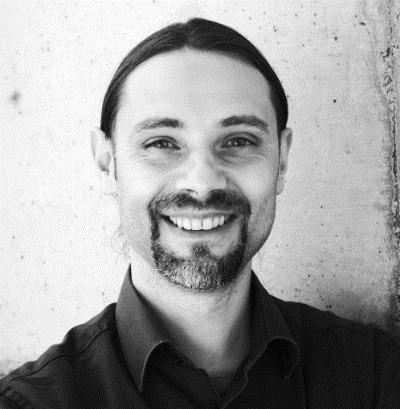Speakers

The Tired Hippocampus and the Memory Function of Sleep
Dr. Pim Heckman is a biopsychologist working at the department of Neuropsychology and Psychopharmacology at Maastricht University in the Netherlands. During his master’s he studied ‘Cognitive and Clinical Neuroscience’ specializing in Neuropsychopharmacology. Dr. Heckman specifically studies the contribution of cyclic nucleotide signaling molecules and their downstream cascades during the consolidation of memories, as well as their potential as pharmacotherapeutic targets. While studying cyclic nucleotides as therapeutic targets for memory disorders, he focuses on both conscious (hippocampus) and unconscious (basal ganglia) memory. During his Ph.D., he developed an electrophysiological approach in rats to determine the mechanism responsible for the positive effects of pharmacotherapies targeting cyclic nucleotides in the basal ganglia pathways at the University of Oxford. Although he began his scientific career studying daytime memory consolidation processes, this is only half the story of how the brain forms memories. The most interesting part of memory formation became the consolidation during sleep and the memory problems that follow from sleep loss. And so, since his postdoc, his research has focused on investigating the memory function of sleep. For the last three years, Pim holds a tenured position as assistant professor where he aims to translate his early findings in animals to human studies. His ultimate goal is to restore persistent accessibility to “lost” memories for everyone with (sleep loss-induced) amnesia using clinically-applicable neuromodulation techniques.
The Epilepsy Potential
Dr. Kim Rijkers is a neurosurgeon, working at the department of neurosurgery at the MUMC+ and a researcher working at the Mental Health & Neuroscience Research School. She has been combining her clinical work with fundamental and clinical neuroscience projects since the beginning of her career. Her PhD project focused on the mechanisms of action of vagus nerve stimulation as a treatment option for epilepsy, which she studied in epileptic rats. The project made her realize that epilepsy entails more than a disbalance between excitation and inhibition. Inflammation, disruption of the blood brain barrier and microvascular dysfunction may even be more important. During her following research projects she tried to further explore this neurovascular hypothesis. Not using epileptic rats, but by using epilepsy patients themselves. Resective brain surgery is a potential treatment option for carefully selected epilepsy patients. This procedure entails exposure of the brain, allowing for example intraoperative use of an SDF camera, that can visualize the microcirculation. The resected brain tissue can subsequently be used for scientific purposes as well; the current projects she’s involved in focus on microcirculatory abnormalities in epilepsy, but also explore the possibilities of using resected brain tissue as models for the human brain: brain on a chip or human brain slice cultures. Her clinical research projects focus on effectiveness and cost-effectiveness of resective brain surgery and neuromodulation as treatment options for epilepsy.
Behavioral Economics and Decision Making
Matthias Wibral is an associate professor of economics at the School of Business and Economics. His research focuses on the economics, psychology, and neuroscience of decision making. A particular focus lies on understanding when and why people behave “irrationally” and how this affects the functioning of institutions. To answer these interdisciplinary questions, he uses a wide range of methods ranging from lab and field experiments to placebo-controlled pharmacological studies and fMRI experiments.
Matthias will present a broad overview of his research. He started his research career studying the role of competition and fairness concerns in a labor market setting. His first foray into neuroscience was an fMRI study on money illusion. More recent research investigates different aspects of risk taking, for example, the question whether individuals perceive some stocks as lotteries and whether they like investing in these stocks. One focus of his current research lies on the human side of digitalization. For example, do recruiters perceive advice from algorithms and human experts differently? Matthias is also working on several field experiments studying the sunk cost effect and a study on the "side effects" of modafinil on decision making.
CIN Symposium
 Registration website for CIN Symposium
Registration website for CIN SymposiumCIN Symposiumsecr-mhens@maastrichtuniversity.nl
CIN Symposiumsecr-mhens@maastrichtuniversity.nlhttps://www.aanmelder.nl/cin071024
2024-10-07
2024-10-07
OfflineEventAttendanceMode
EventScheduled
CIN SymposiumCIN Symposium0.00EUROnlineOnly2019-01-01T00:00:00Z
Maastricht UniversityMaastricht UniversityMinderbroedersberg 4-6 6211 LK Maastricht Netherlands


